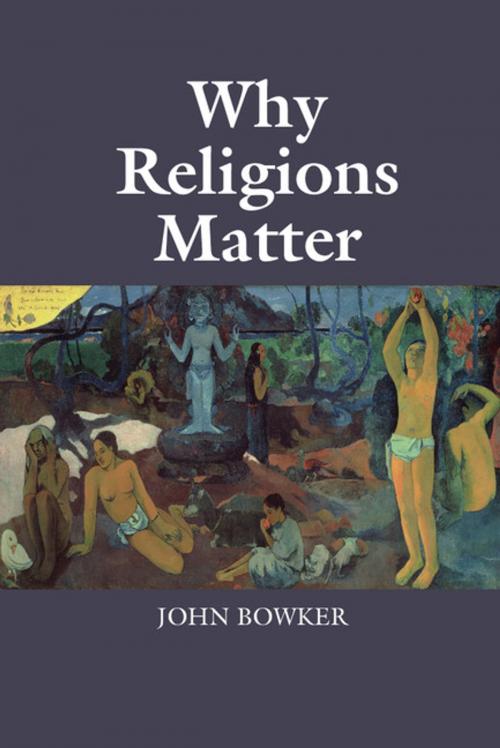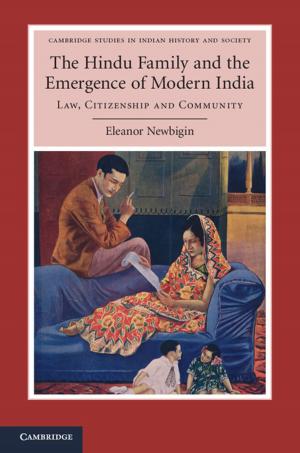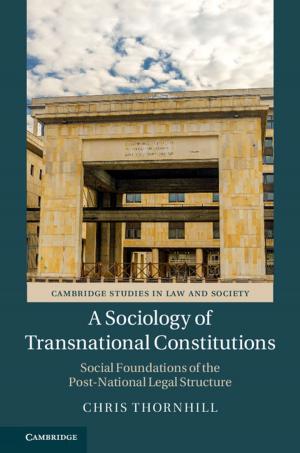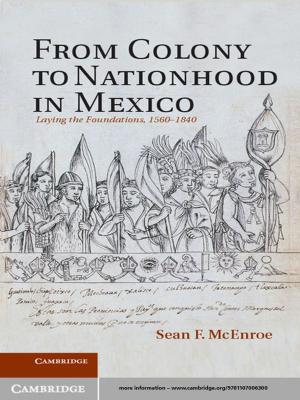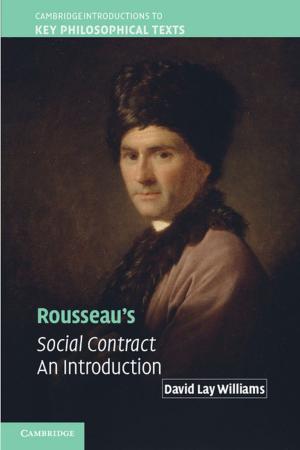Why Religions Matter
Nonfiction, Religion & Spirituality, Inspiration & Meditation, Spirituality, Theology| Author: | John Bowker | ISBN: | 9781316235201 |
| Publisher: | Cambridge University Press | Publication: | March 30, 2015 |
| Imprint: | Cambridge University Press | Language: | English |
| Author: | John Bowker |
| ISBN: | 9781316235201 |
| Publisher: | Cambridge University Press |
| Publication: | March 30, 2015 |
| Imprint: | Cambridge University Press |
| Language: | English |
What are religions? Why is it important to understand them? One answer is that religions and religious believers are extremely bad news: they are deeply involved in conflicts around the globe; they harm people of whom they disapprove; and they often seem irrational. Another answer claims that they are in fact extremely good news: religious beliefs and practices are universal and so fundamental in human nature that they have led us to great discoveries in our explorations of the cosmos and of who we are. The sciences began as part of that religious exploration. John Bowker demonstrates that there is truth in both answers and that we need both to understand what religion is and why it matters. He draws on many disciplines - from physics, genetics and the neurosciences to art, anthropology and the history of religions - to show how they shed entirely new light on religion in the modern world.
What are religions? Why is it important to understand them? One answer is that religions and religious believers are extremely bad news: they are deeply involved in conflicts around the globe; they harm people of whom they disapprove; and they often seem irrational. Another answer claims that they are in fact extremely good news: religious beliefs and practices are universal and so fundamental in human nature that they have led us to great discoveries in our explorations of the cosmos and of who we are. The sciences began as part of that religious exploration. John Bowker demonstrates that there is truth in both answers and that we need both to understand what religion is and why it matters. He draws on many disciplines - from physics, genetics and the neurosciences to art, anthropology and the history of religions - to show how they shed entirely new light on religion in the modern world.
